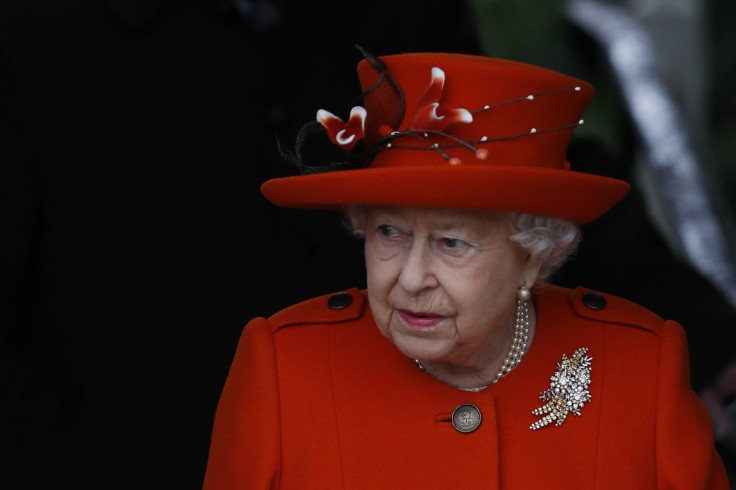Queen Elizabeth II may not attend Royal Ascot this year due to coronavirus pandemic
Royal Ascot is scheduled to take place only in mid-June, hence the decision to cancel the races may not be taken at the moment.
Queen Elizabeth II could be forced to miss Royal Ascot for the first time in her 68-year-reign due to the coronavirus pandemic that has gripped the entire world. The British monarch who will turn 94 in April has never missed the five-day horse-racing event in her entire reign.
But, due to the ongoing coronavirus crisis, the monarch may not attend the event as a precautionary measure, Royal Central reports. Queen Elizabeth II has already cancelled a number of future engagements in what a Buckingham Palace spokesperson describes as being a "sensible precaution."
Since she is 93, and she is at a risk from COVID-19 which tends to hit the elderly and those with respiratory problems. However, it is her decision whether she will attend the races.
In order to restrict the spread of the virus, the British government may cancel large scale public events in line with other European countries. Royal Ascot is scheduled to take place only in mid-June, hence the decision to cancel the races may not be taken at the moment.
Alternatively, Royal Ascot might still go ahead, but without spectators and 'behind closed doors'. This means only people who are absolutely necessary for the sport will be allowed access including racing staff, trainers, vets and jockeys. The queen may have to watch the event on television at home.
However, if the queen has a runner, she may still gain access to the event. Royal Ascot was first inaugurated by Queen Anne in 1711. It is attended every year by the monarch and other members of the British royal family, who watch the event from the royal enclosure.
In UK's calendar it is not just important for horseracing but also for its fashion and royalty.

Meanwhile with regard to the coronavirus outbreak, British Prime Minister Boris Johnson may ask people above 70 years to stay indoors, rather self-isolate for four months.
© Copyright IBTimes 2025. All rights reserved.





















